Decoding the mystery of extra time in soccer might seem daunting. However, it plays a crucial role in the game's dynamics, determining the strategies and decisions made by coaches and teams alike.
Extra time in soccer is a strategic game-changer, necessitating swift transition in game tactics and players' psychological readiness.
Extra time isn't merely an extension; it has a profound impact on overall game strategy. A sudden shift from regular to extra time commands a revised approach, both in skill execution and mental preparedness.
What is Extra Time?
Extra Time in soccer refers to the extended duration after a regulated 90-minute match has ended in knockout matches, yet a decisive result like a win or loss is yet to be achieved. It's a key component of tournament play, offering a chance to break ties.
Typically, extra time encompasses two 15 minutes halves, making a total of 30 minutes. However, it's subject to the discretion of the match official and can vary depending on specific game rules and conditions, there can be added time (stoppage time).
While the concept seems simple, it’s intricacies lie in its unpredictability. Teams must reshuffle strategies, handle fatigue, and meet the rising pressure. Coaches, thus, have a pivotal role in preparing the team for this unpredictable extension.
Crucially, regular strategy may not work in extra time. Coaches need to adjust the tactics, considering player stamina, game tempo, and opponent's capabilities, amongst other factors. It's truly a test of tactical acumen in an extra period.
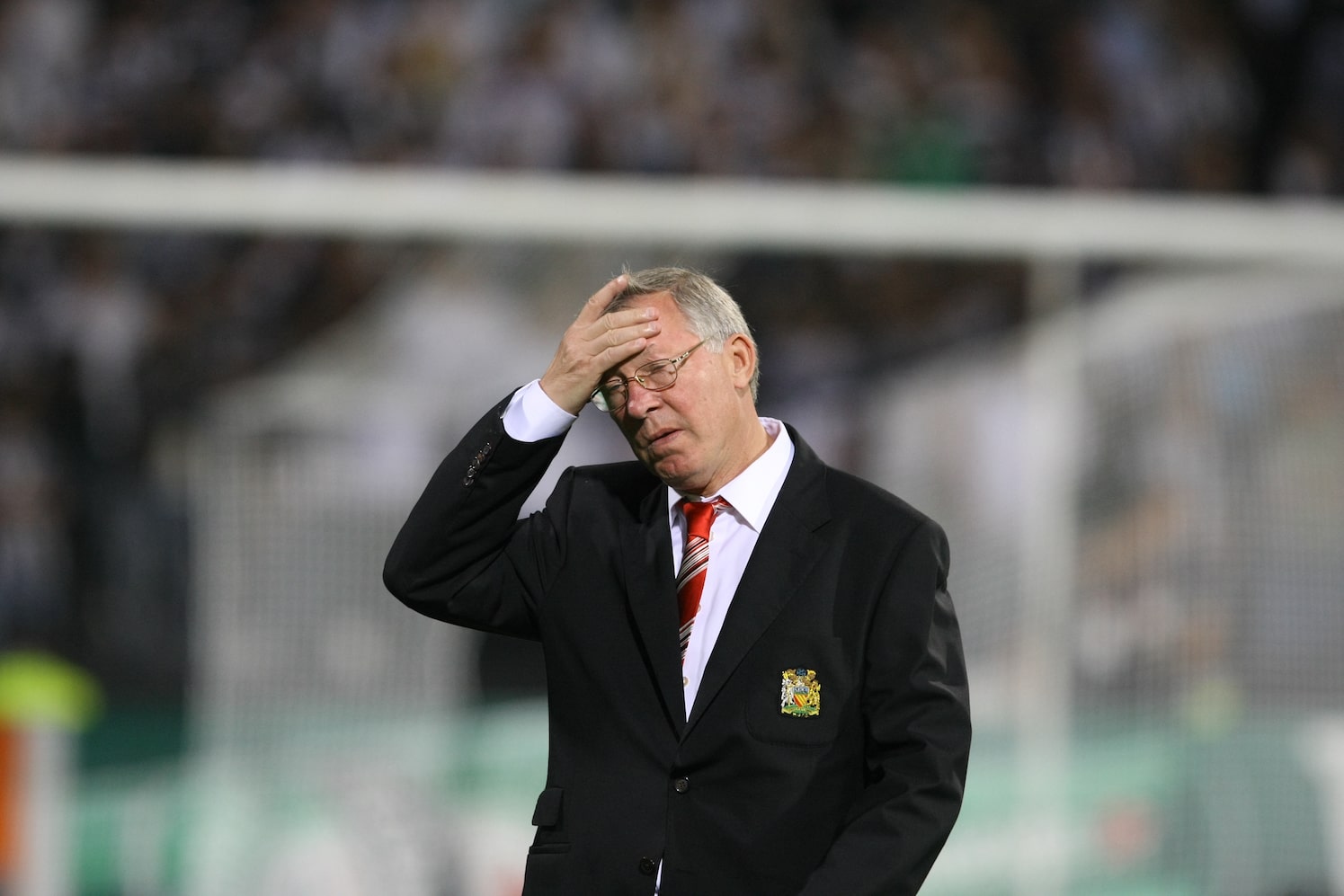
Lastly, the triggering of extra time indicates the high-stake scenario of the match. Whether it's a championship game or knockout stage, it often precedes one of the most nail-biting finishes a soccer field can witness - penalty shootouts.
Purpose and Rules of Extra Time
Being clear on the rules of extra time is vital for every soccer coach. While regular rules apply, the goal is a 'golden goal' if stipulated, meaning the first team to score wins. Also, additional substitutions are often granted in line with recent laws.
Essentially, the purpose of extra time is to determine a clear winner when a match ends in a draw after regulation time. It’s usually split into two 15-minute halves, providing teams with an equal opportunity to close the game in their favor.
Undeniably, extra time significantly influences the determination of match outcomes. With increased physical demands and drained energy resources, the ability of a team to score or defend during this critical period often outlines the winner in closely-contested encounters.
Importance of Preparing for Extra Time
Extra time in a soccer game is an unpredictable scenario and can often become the determining factor of the match outcome. Consequently, it's essential that your coaching plans prepare the team to handle the mental, physical, and strategic demands of these additional minutes.
Including extra time-focused training components in your coaching strategy gives your team a competitive edge. It prepares them for the inevitable fatigue, intensified pressure and the required adaptability, making them better equipped for this intense facet of soccer games.
Drills for Building Endurance and Stamina
Boosting stamina for extra time is achievable with effective soccer drills. For instance, incorporating endurance running drills, interval training, and high-intensity sprints can significantly improve your team's stamina.
The endurance drills play an integral role in mastering extra time. Their primary function is to prepare the players physically, ensuring they can maintain their performance levels throughout the additional playtime.
Endurance Running Drills
Endurance running drills are paramount for improving overall stamina and their impact on extra time performance is substantial. The drills should be carefully designed to challenge your players, demand consistent effort and ultimately build their endurance base.
- Start by determining the intensity level that is suitable for your team. This will vary depending on age, fitness level, and skill level.
- Choose a spacious area or field that allows for continuous running without obstacles in the path.
- Start with basic endurance drills such as continuous jogging for a set period, gradually increasing as fitness improves.
- Introduce variations, like Fartlek (speed play) running which involves changes in speed at random intervals during the run. This simulates the unpredictable nature of soccer, where players must constantly adapt to change of pace.
- Ensure that drills are done both with and without the ball. This not only helps in developing endurance, but also ball handling skills under fatigue.
- Always monitor your players during the drills to ensure they are maintaining good form and avoid risk of injuries.
- After each session, always offer time for cooldown exercises and adequate hydration, essential in promoting recovery and preventing injuries.
Interval Training for Stamina
Interval training is a critical tool for preparing soccer players for the physical demands of extra time. These rigorous drill sessions mimic the high-intensity, short recovery cycle of a match, bolstering stamina even in the game's dying minutes.

- Understanding the Concept of Interval Training
- Science illuminates the efficacy of Interval Training for Soccer
- Practical Application of Interval Drills
- Warm-up Tactics before Interval Training
- Managing Rest Periods between intervals
- Common Mistakes in Interval Training
- Drills for Solo Interval Training
- Drills for Team-based Interval Training
- Evaluating Progress in Interval Training
- Safety Measures during Interval Training
Incorporating High-Intensity Sprints
High-intensity sprints are an essential tool for unlocking your players' potential in extra time. By incorporating these drills into your training regimen, you give your team the chance to outpace their opponents even when energy levels start to wane towards the end of a challenging game.
- Create a variety of sprinting drills to avoid monotony and keep players engaged. Different distances, speeds, and patterns will help develop versatile athletes.
- Utilize shuttle sprints, where players sprint a short distance, rest briefly, then repeat the process. This simulates the stop-and-start nature of a game.
- Design relay races to encourage competition and camaraderie among team members while enhancing their sprinting speed.
- Employ 'suicide drills', where players sprint to multiple points on the field, each further away than the last, then back. This prepares the team for the dynamic, high-energy demands of extra time.
- Measure and record sprinting times in each session to track improvements and identify areas that may need specific attention.


Improve Your GameJust 1.99 p/m
Exclusive drills and sessions, get involved today!
- 100’s of Drills
- Coach to Camera Videos
- Sessions from Pro’s
- Industry Leading Advice
Tactical Strategies in Extra Time
The tactical approach taken during extra time can make or break your team's chances of victory. As a soccer coach, properly preparing your squad with effective offensive and defensive strategies is invaluable in navigating these pressured situations.
Understanding the game dynamics during extra time is crucial. It not only tests the physical endurance of the team, but also their ability to adapt to different tactical situations. Expertly navigating this can be the key to a successful outcome.
Defensive Tactics to Secure the Lead
Defense is pivotal in securing a victory during extra time. The heightened pressure, coupled with exhaustion, requires a solid defensive strategy not just to fend off opponents, but also to create potential counter-attacks.
The role of every player during defense becomes critical. The key is maintaining formation and staying compact to limit spaces where opponents could penetrate. This can be achieved through understanding individual positioning and effective communication.
Practice drills that emphasize team coordination and positioning in a defense setup. It helps nurture a collective, intuitive sense of movement that translates into a well-structured defense during the game.
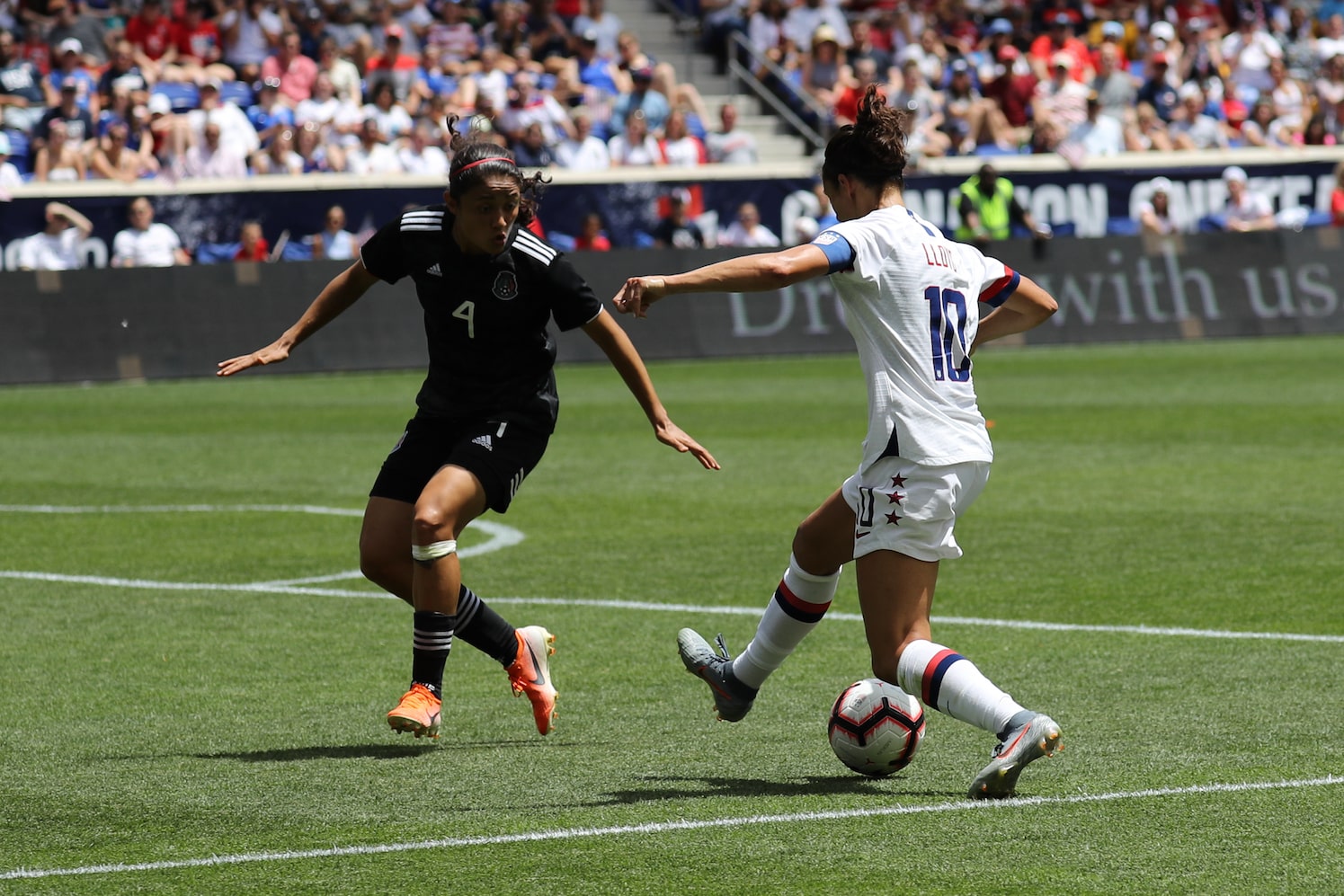
Coaches need to emphasize the role of the defenders to maintain a calm and collected approach during extra time. Training sessions that recreate high-pressure scenarios prepare players to best cope during the actual game.
Extra time can also offer opportunities for counter-attacks. Coaches should have their defense ready not just to repel attacks, but to efficiently transition the ball towards an attacking strategy.
Attacking Strategies to Break the Deadlock
In extra time soccer, deploying creative and tailored attacking strategies is essential to break defensive deadlocks. Enlighten your team with the confidence to exploit weak areas in the opposition's struggling defense for effective goal scoring.
- Enhancing Creativity: Promote independent thinking among players to foster unique attacking ideas that can surprise the opponent.
- Competency in One-on-One Situations: Training strikers to excel in one-on-one situations can lead to successful attempts at goal during high-pressure scenarios.
- Implementing Tailored Attacks: Identify the opposition's weakness during initial time and devise a specific attacking plan to target these areas in extra time.
- Encouraging Risk-taking: With exhaustion setting in, extra time can be the perfect stage for risks that can lead to breakthrough goals.
- Promoting Player Rotation: Versatility in player positions in the field helps in making new attacking movements that can be unexpected to the opposition.
- Quick Transitions: Rapid switch from defense to attack can catch the opposition off-guard and lead to fruitful scoring opportunities.
Midfield Control and Possession
The art of retaining control in midfield during extra time is crucial. This requires strategic maneuvers like quick short passes and maintaining a compact formation that can help in keeping possession.
Maximizing midfield prowess transforms the dynamics of the game during extra time. Fully engaging active midfielders to dominate the center can lead to creating scoring opportunities or simply denying the opponent access to the ball.
Managing Fatigue and Substitutions
In soccer, managing fatigue is as crucial as scoring goals. As a coach, it's vital you develop a strategy to ensure your players don't exhaust themselves before extra time. This includes proper pacing during the game and targeted training sessions focusing on stamina and endurance.
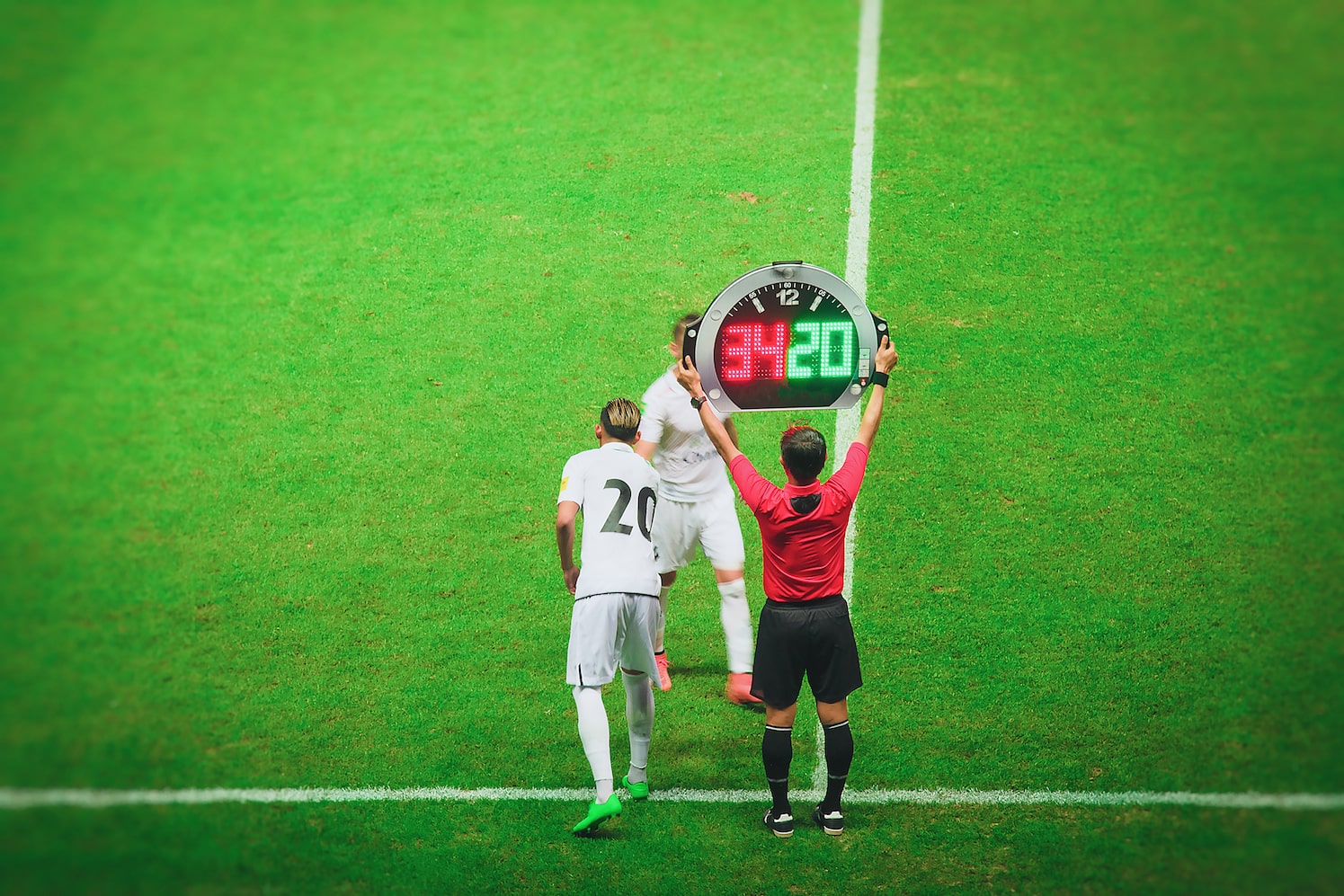
Soccer is often a game of timing, with crucial moments that can change the tide of an encounter. Strategic substitution forms part of this timing. It's a high-level skill that coaches need to master. The right substitution at the right moment can bring a fresh set of legs, shift dynamics, and energize the team.
Substitutions during extra time command foresightedness. Study your squad, their strengths and weaknesses, to identify possible impact substitutes. Subbing in a fast, agile player could help exploit a tired opponent's defense. Always remember, extra time is often about capitalizing on opponents' fatigue.
Similarly, removing a key player experiencing fatigue can save your team from conceding goals. If one of your key players is showing signs of tiredness, it might be wise to substitute them before they become a liability. Keeping a careful eye on players' energy levels is a crucial task during the game.
Training sessions should likewise simulate scenarios for strategic substitutions. Regular practice under such conditions will enable players to integrate quickly during a match scenario, helping the team maintain a steady rhythm even during periods of change.
Goalkeeping Skills for Extra Time
When soccer matches stretch into extra time, goalkeeping prowess can often be the decisive factor. Agility and reflexes are crucial as players' energy wanes and shots on goal may come unexpectedly.
Training for extra time specifically can create goalkeeping heroes. Coaches can incorporate high-intensity drills, simulate penalty scenarios, and promote mental toughness to prepare keepers for high-pressure situations in extra time.
Maintaining Focus and Concentration
Incorporating mindfulness training in your sessions strengthens players' focus during extra time. Drills that replicate high-pressure scenarios, demanding quick decision-making, enhance their concentration ability.
Teach your team to maintain a narrow focus on the task ahead. Reinforce this concept through drills simulating extra time situations, underlining the significance of blocking out external distractions.
Razor-sharp concentration in extra time is a game changer. Employ engaging activities that foster mental sharpness, such as quick passing drills or ball juggling under time pressure, to hone this skill.
Dealing with Penalty Shootouts
Understanding the penalty shootout process is key for navigating extra time. Coaches should familiarize players with different elements involved - from the rules down to the psychology of penalty kicks. This is vital for extra time success.
Replicating high-pressure scenarios during training holds significance. Preparing players helps anticipate the emotional intensity during a shootout. Replicate these conditions through penalty shootout drills.
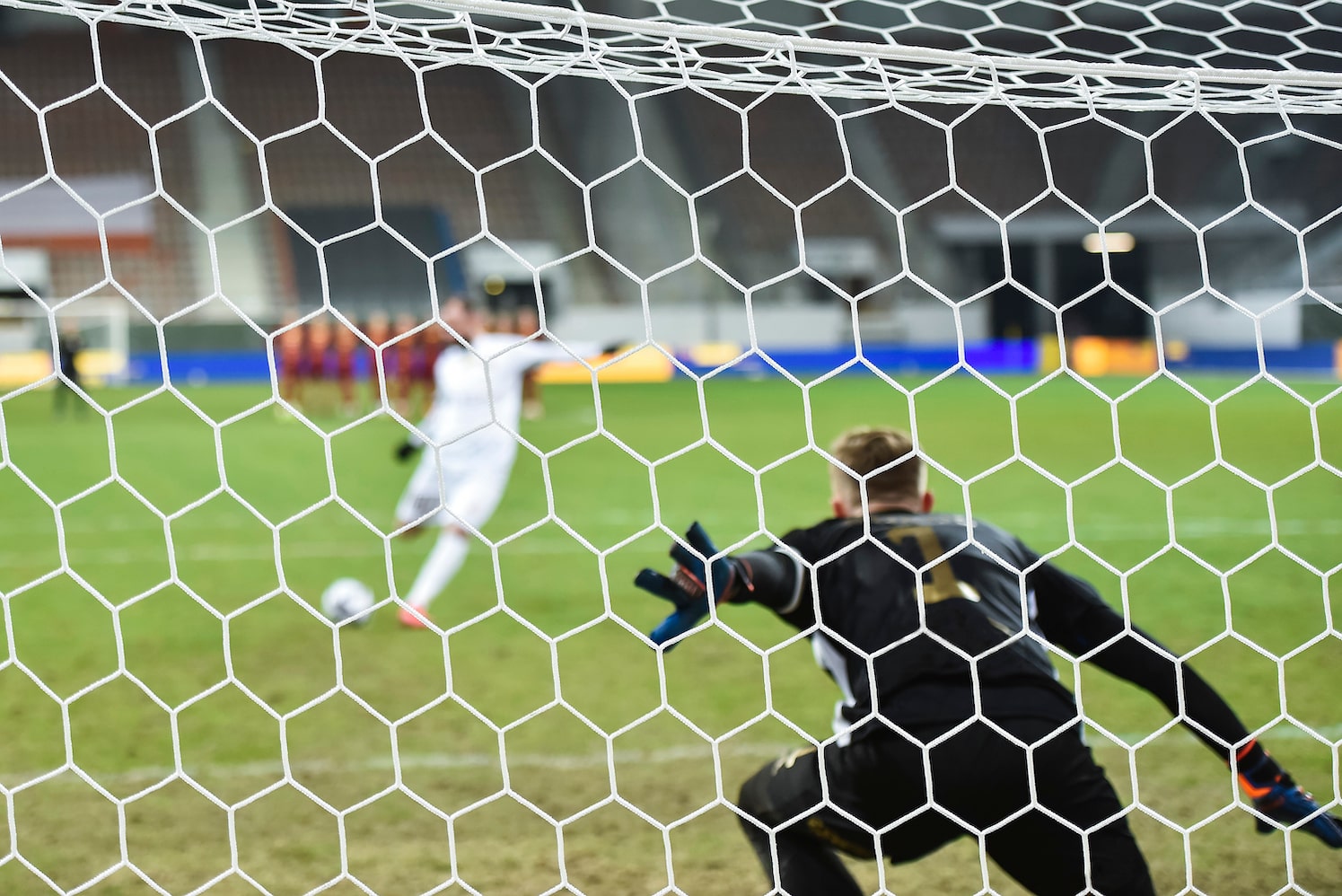
Incorporating such drills into regular sessions increases player confidence and decision making in actual situations. Mix up routine drills with penalty shootouts to keep players engaged and flexible.
Tailoring drills to individual players is beneficial. Analyzing player’s penalty technique can reveal any weaknesses and adjustments needed, allowing specific focus areas when preparing your team for a potential extra time shootout.
Handling Pressure Situations
Equipping players with the tools to handle extra time stressors is crucial. Include drills that mimic pressure situations in training sessions to enhance players' decision-making abilities and composure.
Consider using small-sided games or limited-time challenges to heighten pressure. Flatten the learning curve by simulating game-day stress, fostering a more poised response to real match high-stakes moments.
Psychological Preparedness for Extra Time
Building mental stamina for extra time is crucial for soccer coaches looking to gain an edge. A comprehensive strategy involves instilling a resilient mindset, teaching players to focus on the game's progression and adapt to on-field dynamics, thereby elevating team performance.
The psychological element of soccer during extra time is an often overlooked, yet significant, aspect of the game. Soccer professionals must understand it involves more than physical endurance; delivering under pressure, maintaining positive team spirit, and handling substitution decisions efficiently are critical.
Mental Toughness and Resilience
Drills for developing mental strength and resilience during extra time are crucial to a player’s performance. They can be designed to recreate high-pressure scenarios to condition the players to deal with stress effectively.
Mental toughness is not innate, but a skill that can be nurtured, making this a task that all coaches must undertake. It's beneficial to use affirmations, visualization, and goal setting methods to build mental toughness for extra time confrontations.
Simulate game-like situations in training sessions to animate extra time scenario. This helps players acclimate to the stress of extra time, increasing mental resilience.
When players are accustomed to mental pressure from training, they can deliver peak performances during extra time. Strong mental toughness also aids in resilience, keeping players composed even if the game doesn't favour them.
Maintaining Team Morale and Confidence
Boosting team morale is critical during extra time, since it's then that players' spirits may wane. Coaches can incorporate halftime pep talks, positive reinforcement, and team building exercises to lift spirits and foster unity.
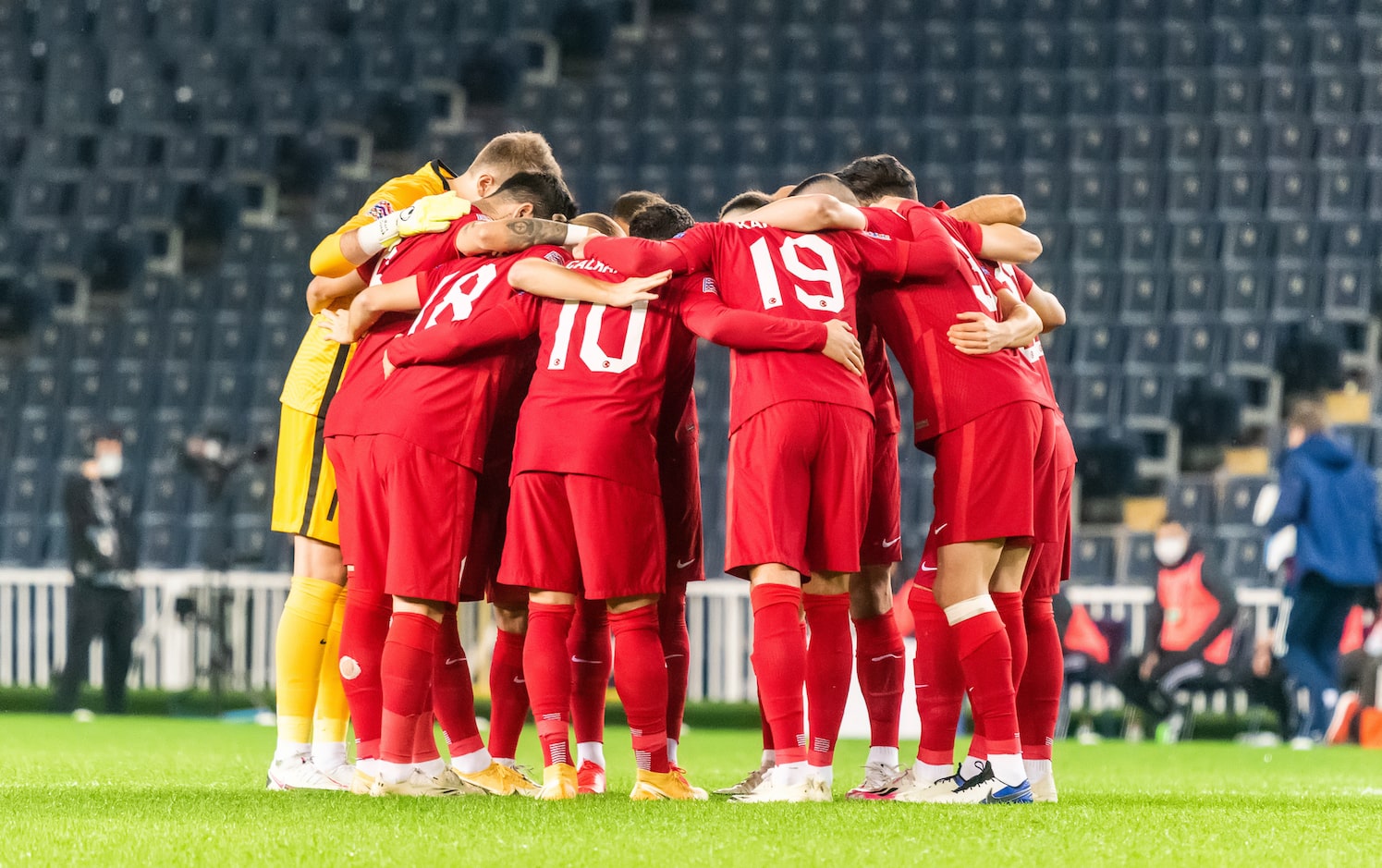
Drills that promote trust and teamwork can effectively boost morale. Coaches can leverage activities that simulate pressure situations in extra time., allowing players to learn how to handle high-pressure instances while engendering mutual trust.
Confidence in soccer extra time can be the difference between winning and losing. Use drills that challenge individual players, and allow them to overcome obstacles, to bolster their self-belief and confidence.
Effort recognition also plays a significant role in instilling confidence. Celebrating small successes and acknowledging individual performances can contribute to players' confidence, enriching their performance during extra time.
Strategies for maintaining confidence include clear communication of expectations and positive feedback. Coaches should clarify roles during extra time, giving players a clear understanding of their responsibilities and fostering absolute confidence in their ability to execute.
Effective Communication in High-Pressure Moments
Mastering communication drills designed specifically for high-pressure moments in extra time is crucial for any soccer coach. To simulate real match scenarios, practice these drills in a challenging and timed environment. This will provide your team with valuable experience in effective communication under pressure.
Emphasizing the importance of accurate, rapid, and clear communication among players during drills can dramatically improve team synchronization in extra time. Reinforcing phrases and keywords that players can use quickly, even when fatigued, can make a significant impact on the flow of the game.
Instructing your team to maintain communication, especially in tactical situations such as resetting the defense or initiating an attack, is necessary. Such communication can be the line between success and failure in extra time when every second counts.
Lastly, let's not forget that communication is not a one-way street. Encourage players to voice their concerns regarding fatigue, injuries, and changes in playing conditions during extra time. This information is essential for your tactical decisions and player substitutions.
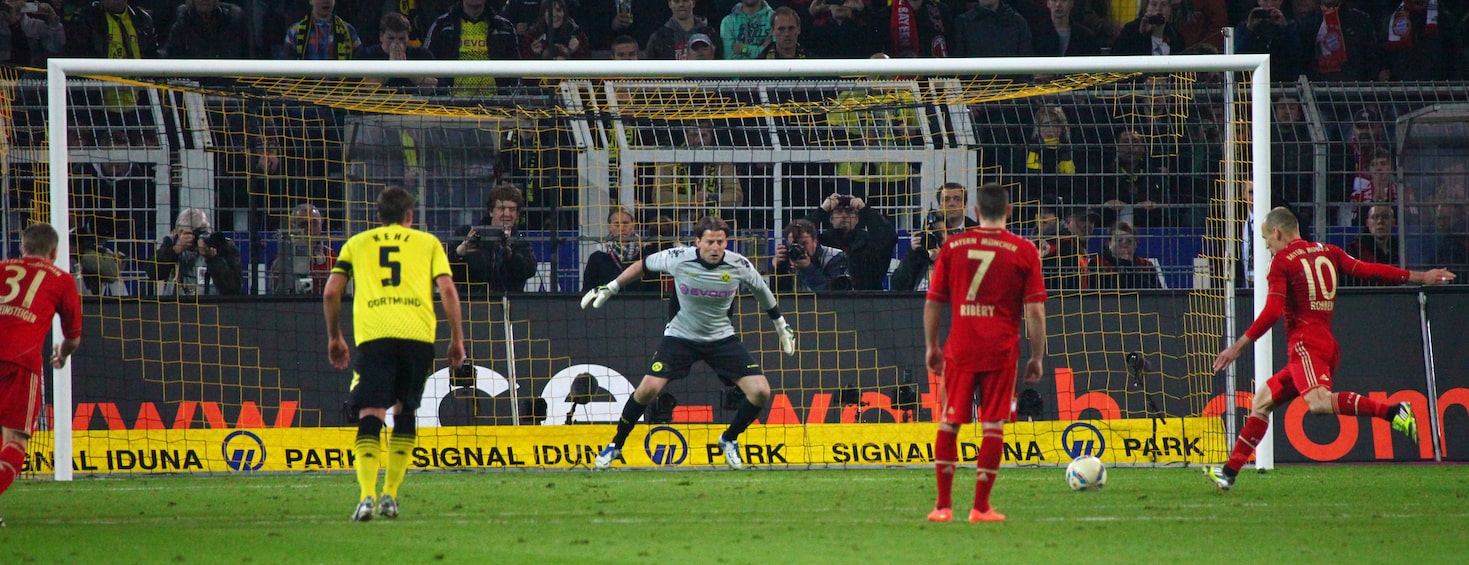
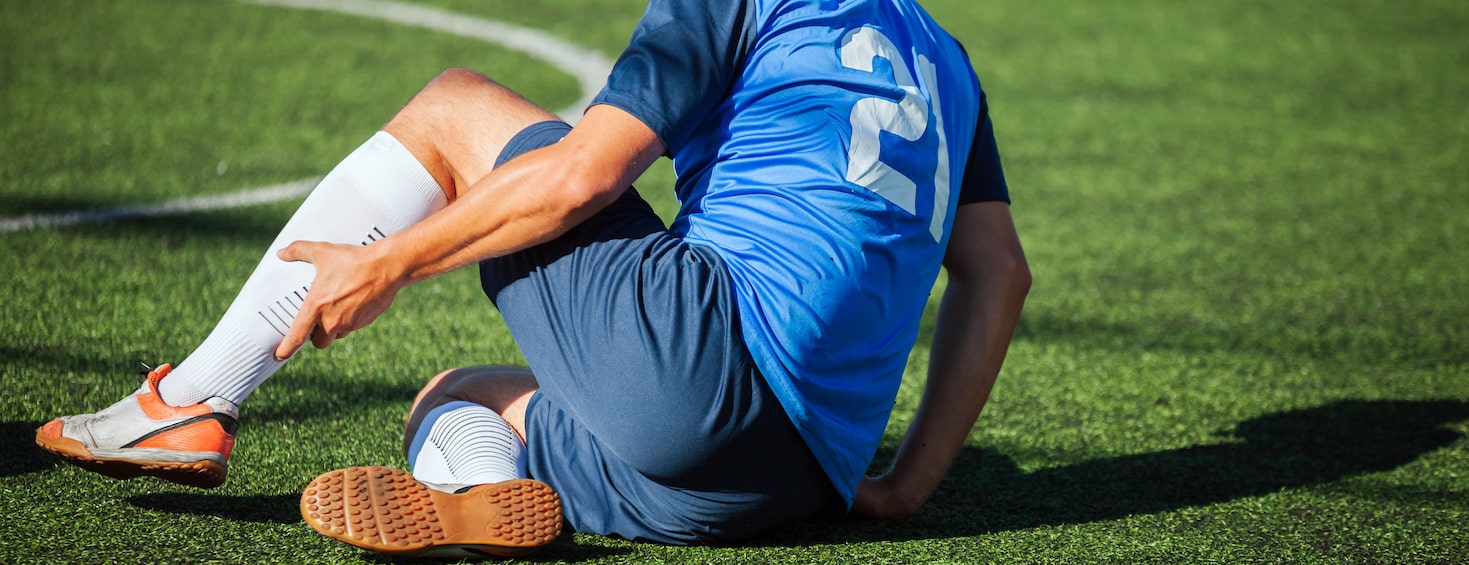
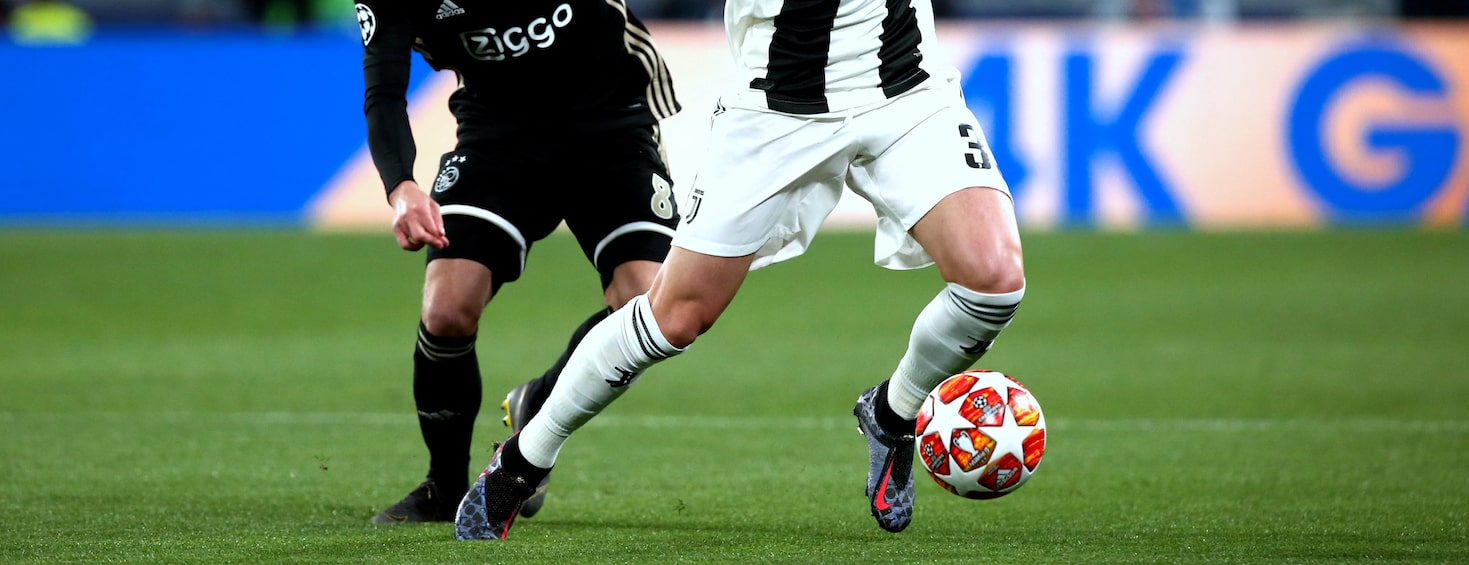
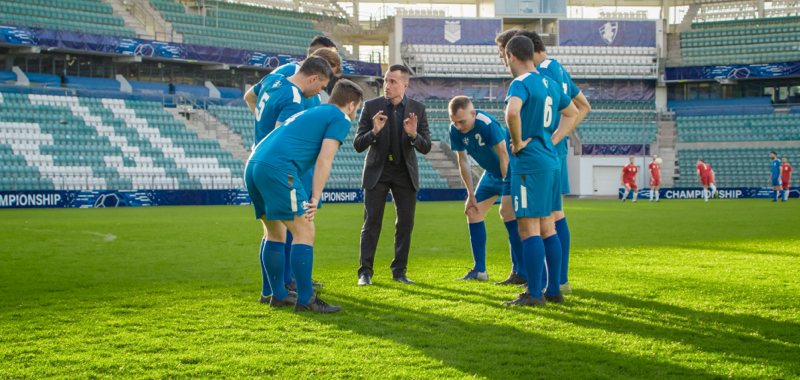
Cupello
UEFA B Coach, FA Level 3, FA Youth Modules 1, 2 and 3, Coerver Youth Diploma, SPAIN: Catalan Football Federation Smart Football, USA: United Soccer Coaches diploma. Sports journalist for the Sunday Mirror published author of several volumes of coaching books & international lecturer on soccer.